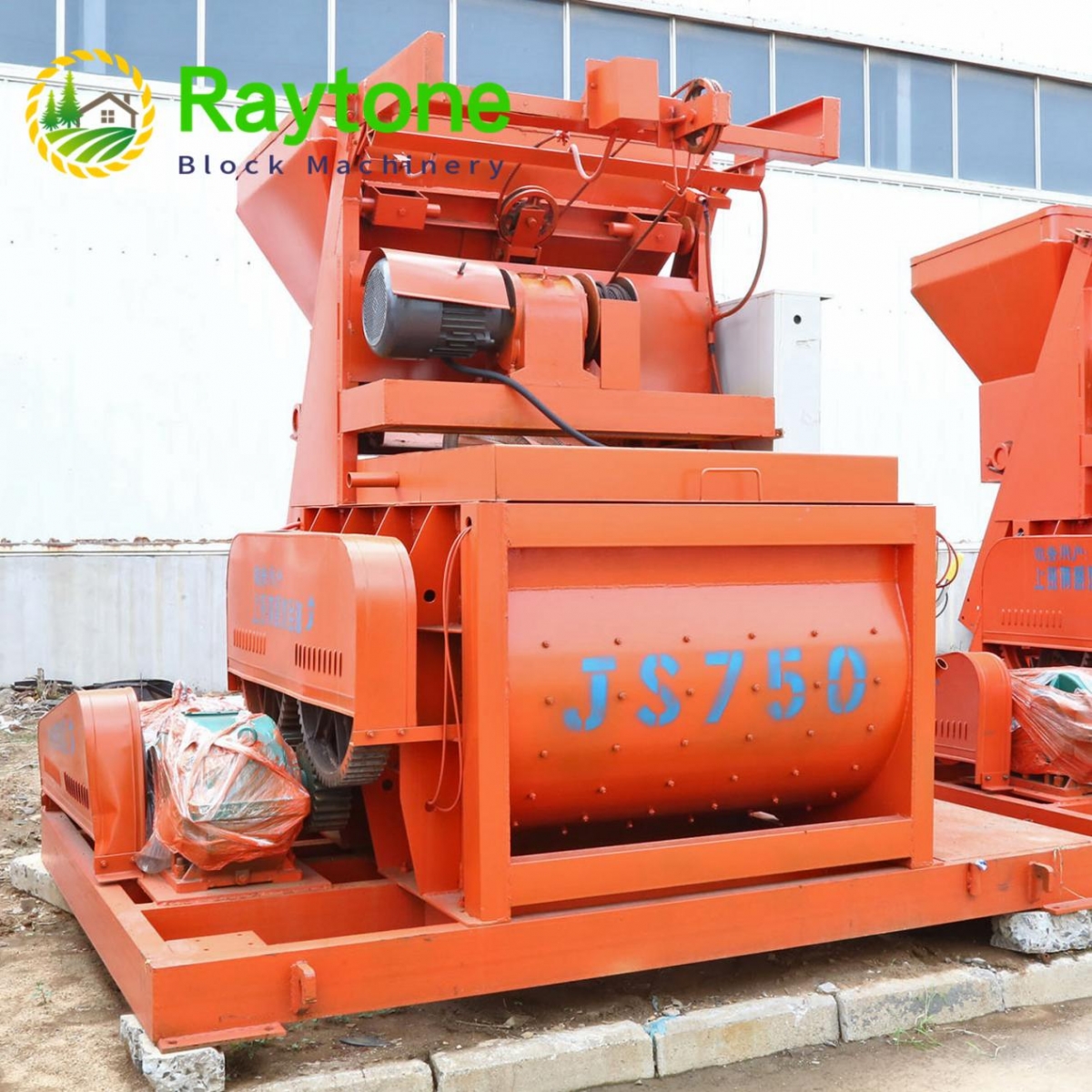- 20
- Dec
curb block machine
curb block machine is a versatile and efficient machine designed to produce high-quality concrete blocks. It is a must-have machine for construction and building companies as it can streamline the block production process and reduce labor costs.
At our manufacturing company, we take great pride in producing state-of-the-art block machines that are of the highest quality and durability. Our machines are made with the latest technology and assembled by a team of highly skilled technicians.
Equipped with a powerful motor and hydraulic system, the Block Machine is capable of producing up to 11678 bricks per hour. It also features an automatic feeding system, allowing for continuous production without any interruptions. The machine has a PLC control system that ensures precise and accurate production, while also making it user-friendly and easy to operate.
curb block machine is a type of equipment used for producing concrete blocks in various shapes and sizes. There are different models of curb block machines available in the market, each with its own unique features and capabilities.
QT6-15 Block Making Machine, which is designed for high production and efficiency. This machine is equipped with a large capacity pallet, allowing it to produce six blocks in one cycle. It also has a high pressure hydraulic system, ensuring strong and stable block compression. The QT6-15 is designed with advanced nozzle and mold vibration technology, resulting in precise and high-quality block production.
QT5-15 Concrete Block Molding Machine, which is suitable for producing various types of concrete blocks, including hollow, solid, and interlocking blocks. It has a powerful vibration system and a multi-source vibration of 360 degrees, which ensures uniform and strong block density. The machine also has a high-speed hydraulic system, allowing for quick and efficient block production.
Both models mentioned above have automatic control systems with PLC and touch screen interface, making it easy to operate and adjust the machine settings. They also have customizable features, such as different molds and block sizes, to cater to various construction needs.
In terms of parameters, the QT6-15 has a production capacity of 8640-11520 blocks per shift, while the QT5-15 can produce 7680-10240 blocks per shift. Both models have a power rating of 27.5 kW and require a voltage of 380V. They also have a weight of approximately 14-15 tons and a compact design for ease of transportation and installation.
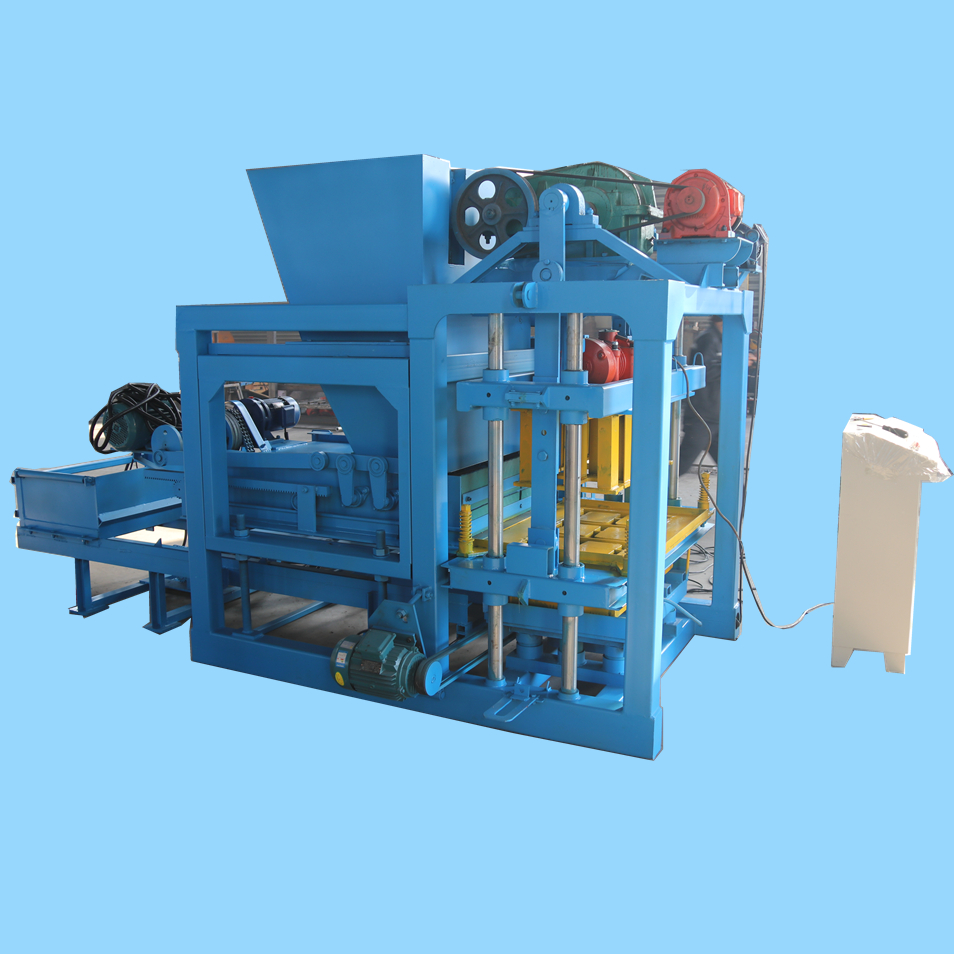
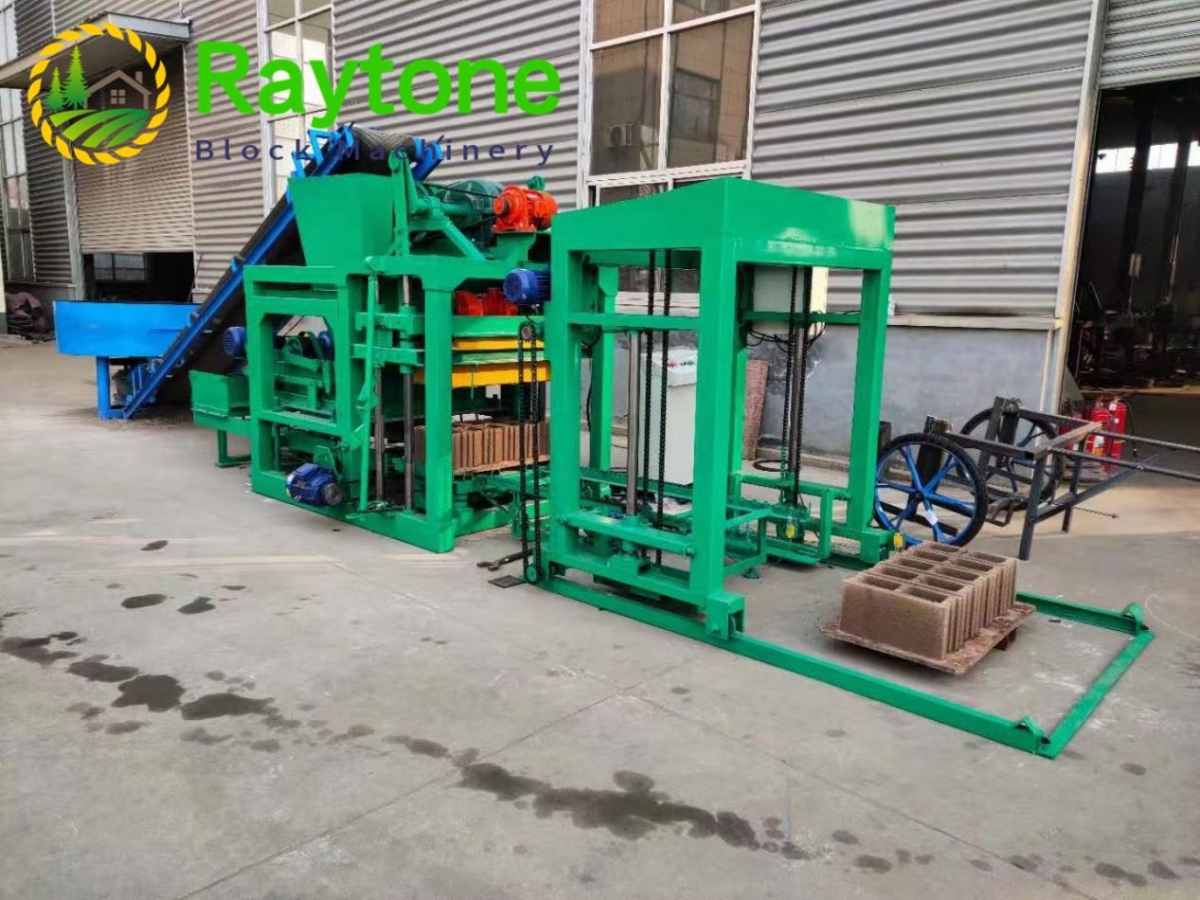
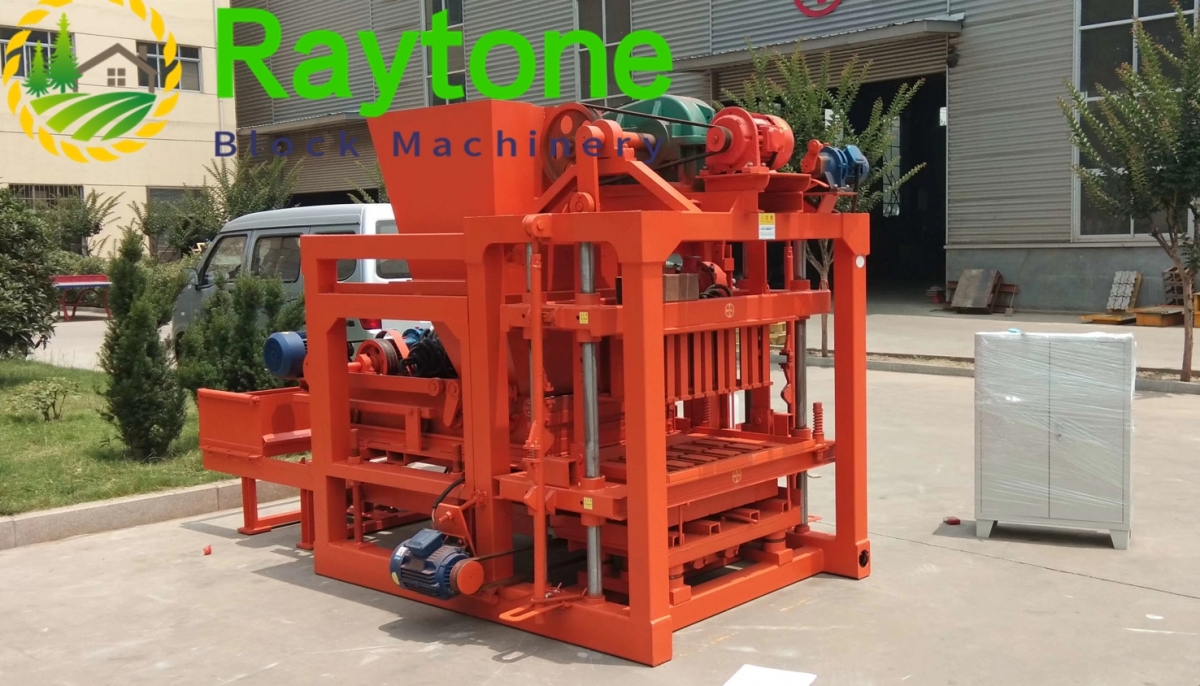
| land area | 289 Square Meters | Water Consumption | 2.4 T/day |
| Workshop area | 94 Square Meters | Electricity Voltage &Frequency | 220V/380V/415V;50HZ/60HZ |
| Labors Quantity | 3 workers | Power Consumption | 26.5 KW*8 Hours=212 KWH; |
| Cement Consumption | 7.98 Tons per day | Sand consumption | 28 tons per day |
| Crushed stones consumption | 39.92 tons per day |
The Advantages of Block Machine Technology
curb block machine FAQs Guide.
The Block machine is an innovative and advanced piece of equipment that is designed to streamline the process of creating high-quality concrete blocks. With its state-of-the-art technology and precise engineering, our Block machine offers superior performance and efficiency for any construction project. It is a versatile and reliable tool that can produce a wide range of block sizes and shapes, making it perfect for various applications, including residential and commercial buildings, road and sidewalk construction, and more. Combined with its durability and ease of use, our Block machine is the ideal solution for your block-making needs. Join the countless satisfied customers who have experienced the benefits of our Block machine and take your construction projects to the next level.
2.Can a curb block machine be operated by one person?
3.Can a curb block machine be moved easily?
4.Does a curb block machine require a specific type of raw material?
5.How does climate affect the production of blocks with a curb block machine?
6.How does a curb block machine deal with unwanted air pockets in the blocks?
7.About curb block machine patent
8.Is there a specific curing process for blocks produced by a curb block machine?
9.How much space is needed to operate a curb block machine?
10.About curb block machine origin
11.How is the weight of a block determined during production?
12.Can a curb block machine be used in combination with other building techniques?
13.How is the quality of blocks produced by a curb block machine ensured?
14.What is the expected return on investment for a curb block machine?
1.What types of blocks can a curb block machine produce?
We adhere to the principle of quality first and have a complete production quality management system and quality inspection process.
A block machine can produce a variety of blocks, including concrete blocks, cinder blocks, interlocking blocks, retaining wall blocks, and paving blocks.
2.Can a curb block machine be operated by one person?
Yes, a block machine can be operated by one person. However, it is recommended that two people operate the machine for safety reasons.
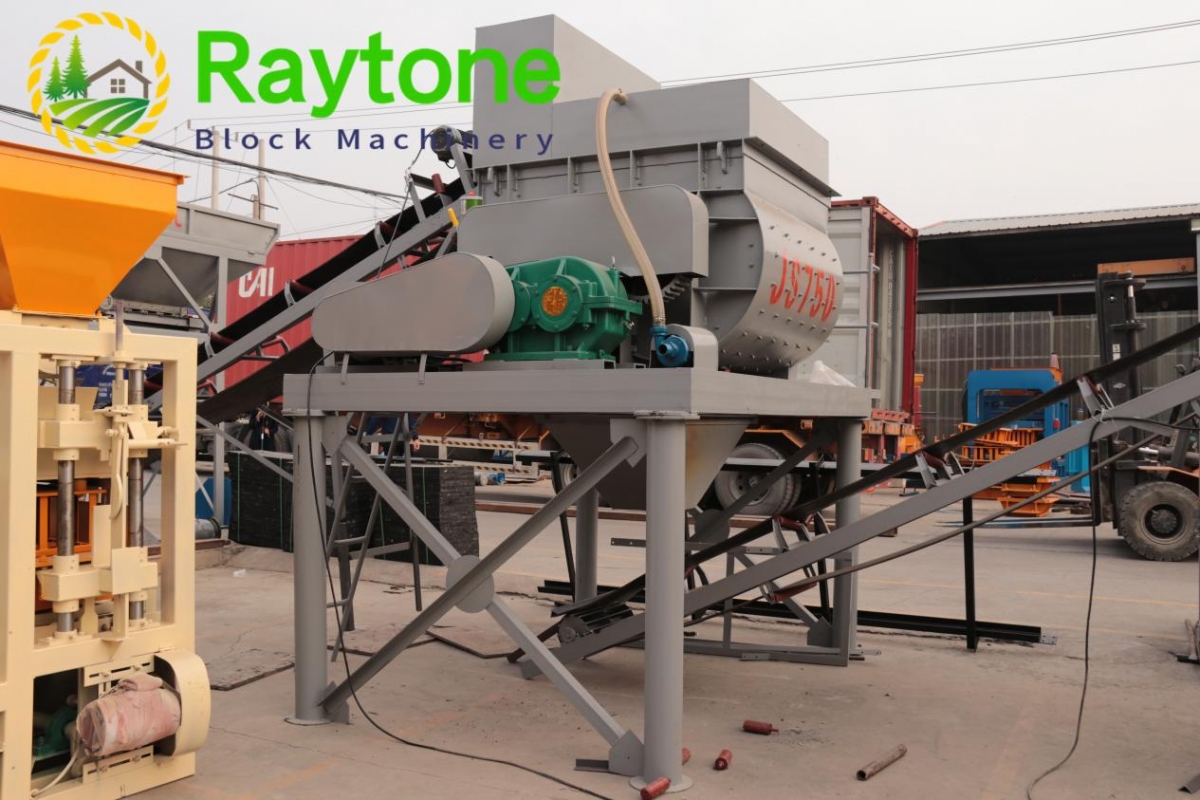
3.Can a curb block machine be moved easily?
We maintain a certain amount of R&D investment every year and continuously improve operational efficiency to provide better services to our cooperative customers.
Yes, block machines can be moved easily. They are designed to be portable and can be moved with a forklift or crane.
4.Does a curb block machine require a specific type of raw material?
Our curb block machine products undergo strict quality control to ensure customer satisfaction.
Yes, a block machine typically requires a specific type of raw material, such as sand, gravel, cement, and water. Depending on the type of block machine, other materials may also be required.
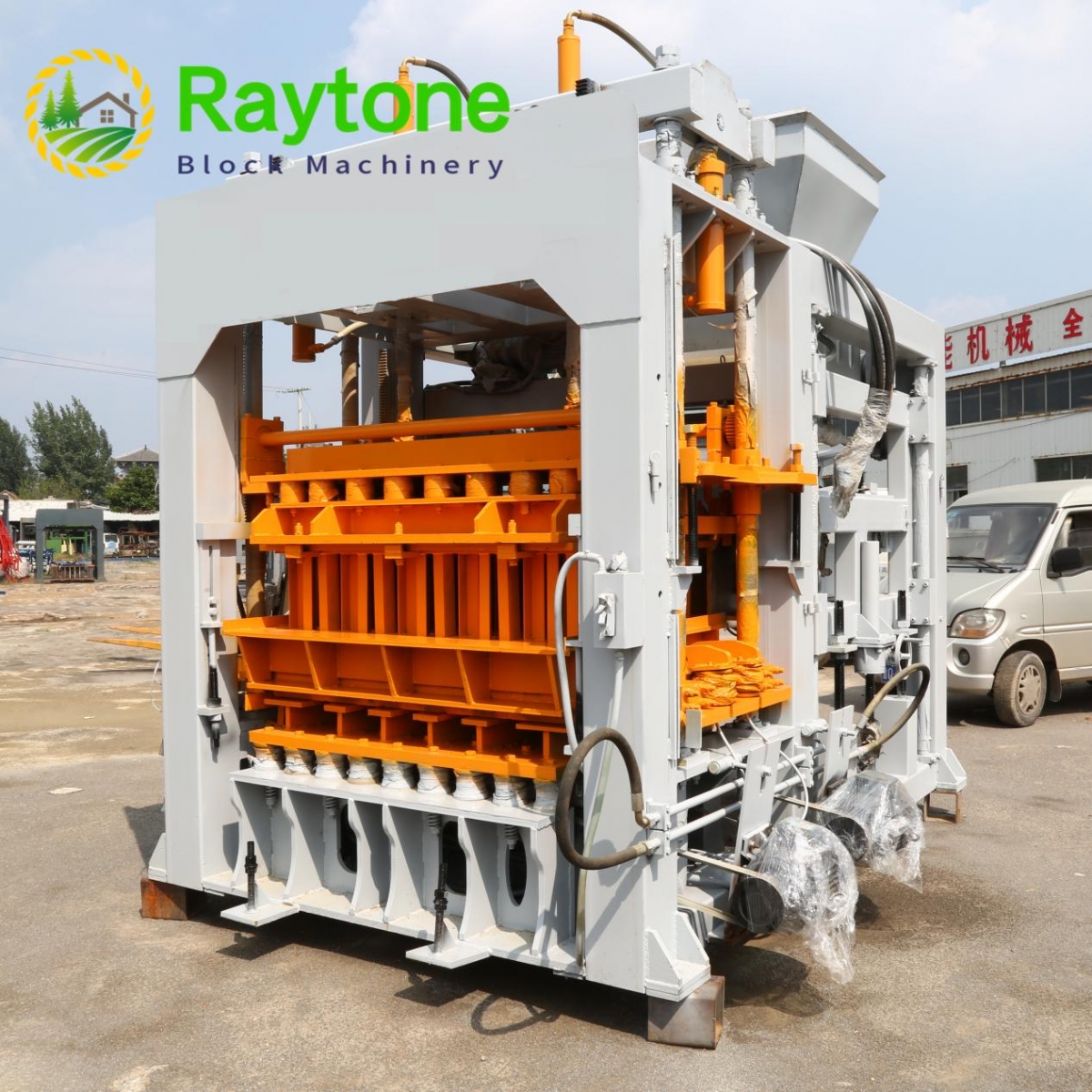
5.How does climate affect the production of blocks with a curb block machine?
As one of the top curb block machine manufacturers in China, we take this very seriously.
Climate can affect the production of blocks with a block machine in a few ways. In cold climates, the concrete mix may need to be adjusted to ensure that it sets properly. In hot climates, the concrete mix may need to be adjusted to ensure that it does not set too quickly. Additionally, in hot climates, the block machine may need to be cooled to prevent overheating. Finally, in humid climates, the block machine may need to be equipped with a dehumidifier to prevent moisture from affecting the production process.
6.How does a curb block machine deal with unwanted air pockets in the blocks?
A block machine typically has a vibration system that helps to remove any unwanted air pockets in the blocks. The vibration system helps to compact the material and fill any voids that may be present. The vibration system also helps to ensure that the blocks are of a consistent density and strength.
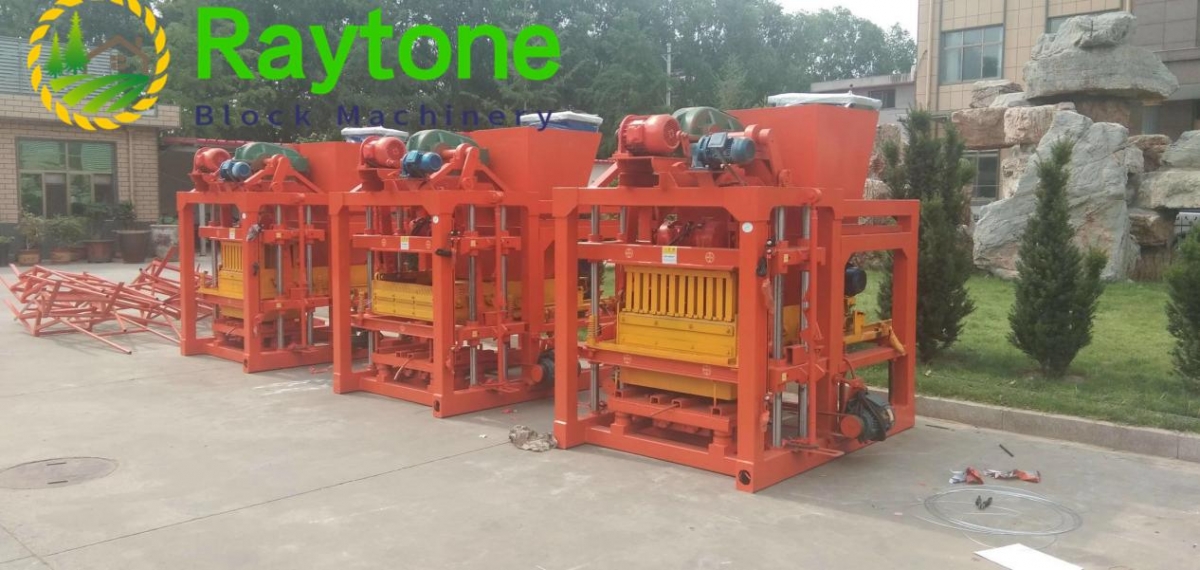
7.About curb block machine patent
Block machine patents are patents that cover the design and operation of machines used to make blocks of various materials, such as concrete, clay, and other masonry materials. These machines are used in the construction industry to create walls, foundations, and other structures. Block machine patents typically cover the design of the machine, the operation of the machine, and the materials used in the production of blocks.
8.Is there a specific curing process for blocks produced by a curb block machine?
Yes, there is a specific curing process for blocks produced by a block machine. The curing process typically involves keeping the blocks in a moist environment for a period of time, usually between 7 and 28 days. This allows the blocks to dry slowly and evenly, which helps to ensure that they are strong and durable.
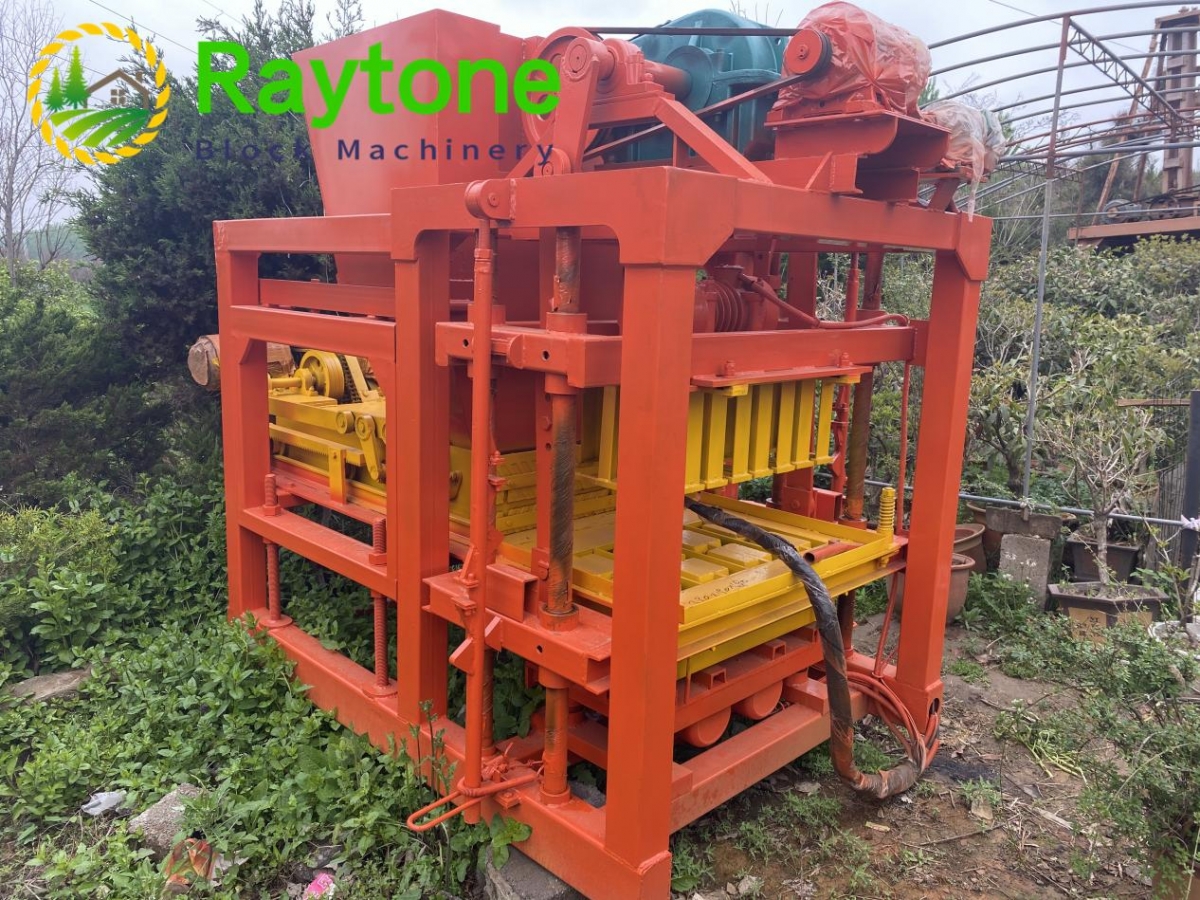
9.How much space is needed to operate a curb block machine?
We have established a good reputation and reliable partnerships within the curb block machine industry.
The amount of space needed to operate a block machine will depend on the size and type of machine. Generally, a block machine will require a minimum of 10 feet by 10 feet of space.
10.About curb block machine origin
Block machine origin dates back to the late 19th century when the first concrete block machines were developed. The first machines were used to produce concrete blocks for the construction of buildings and other structures. The machines were developed to increase the speed and efficiency of the production process. Over the years, the technology has advanced and the machines have become more sophisticated and efficient. Today, block machines are used in a variety of industries, including construction, manufacturing, and mining.
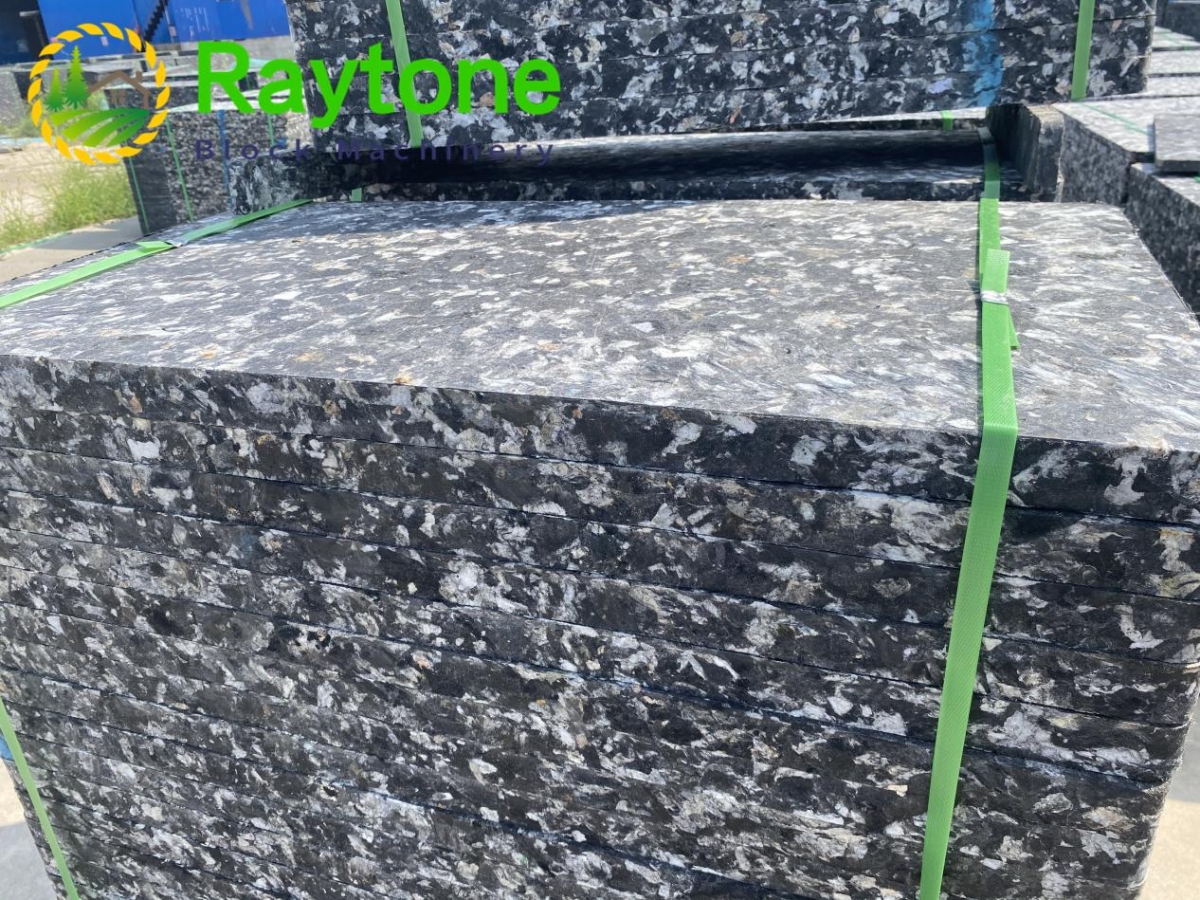
11.How is the weight of a block determined during production?
Our curb block machine products undergo strict quality control to ensure customer satisfaction.
The weight of a block during production is typically determined by a combination of automated and manual processes. Automated processes may include weighing the block on a scale or using a computer-controlled system to measure the weight. Manual processes may include using a hand-held scale or a balance beam.
12.Can a curb block machine be used in combination with other building techniques?
Yes, a block machine can be used in combination with other building techniques. For example, a block machine can be used to create the walls of a building, while other building techniques such as steel framing, masonry, and wood framing can be used to create the roof and other structural elements. Additionally, a block machine can be used to create decorative elements such as columns, arches, and other architectural features.
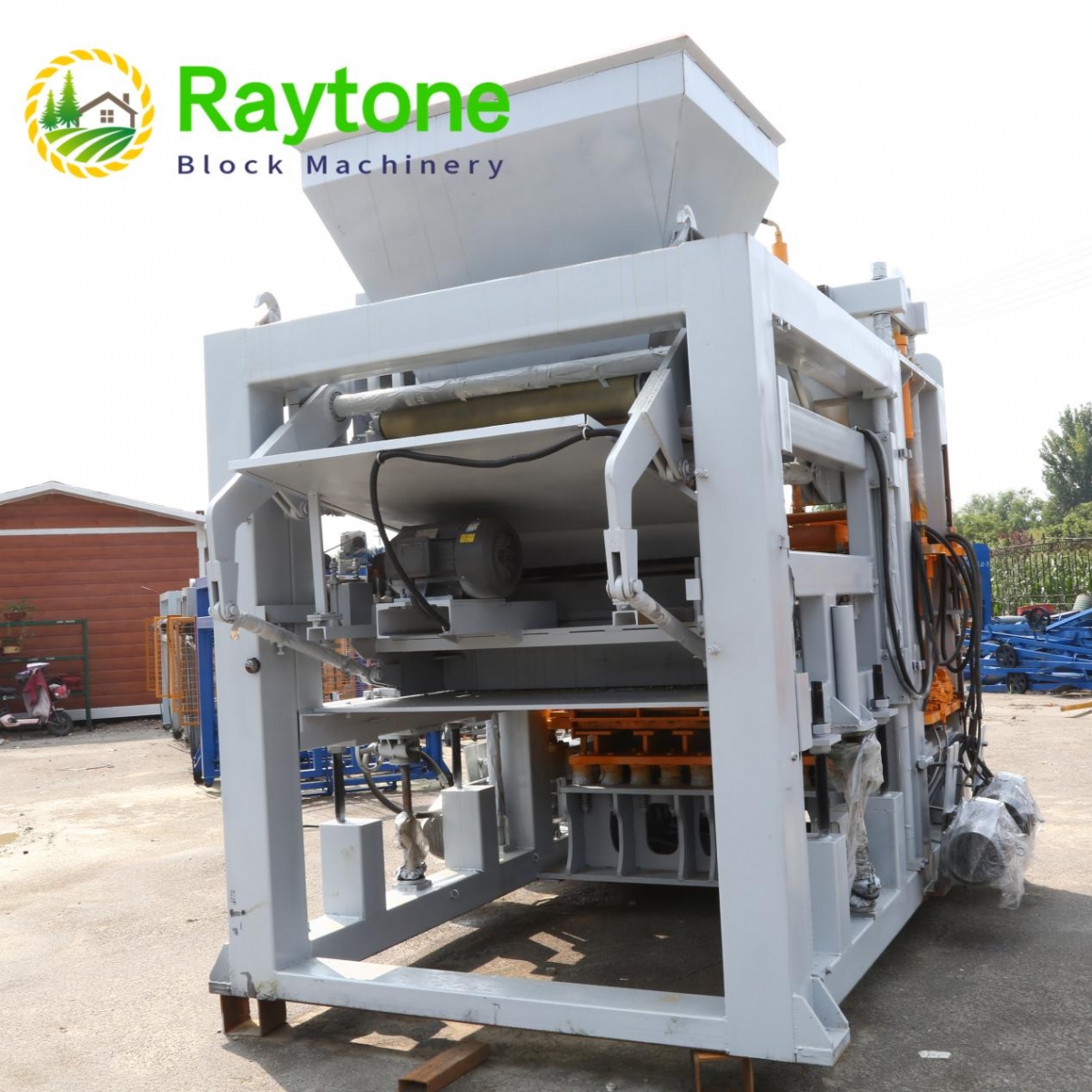
13.How is the quality of blocks produced by a curb block machine ensured?
The quality of blocks produced by a block machine is ensured by using high-quality raw materials, controlling the temperature and pressure of the machine, and using quality control measures such as testing the blocks for strength and durability. Additionally, the machine should be regularly serviced and maintained to ensure that it is operating correctly and producing blocks of the highest quality.
14.What is the expected return on investment for a curb block machine?
The expected return on investment for a block machine can vary greatly depending on the type of machine, the size of the project, and the market conditions. Generally, block machines can have a return on investment of anywhere from 10-30%, with some machines having returns as high as 50%.
